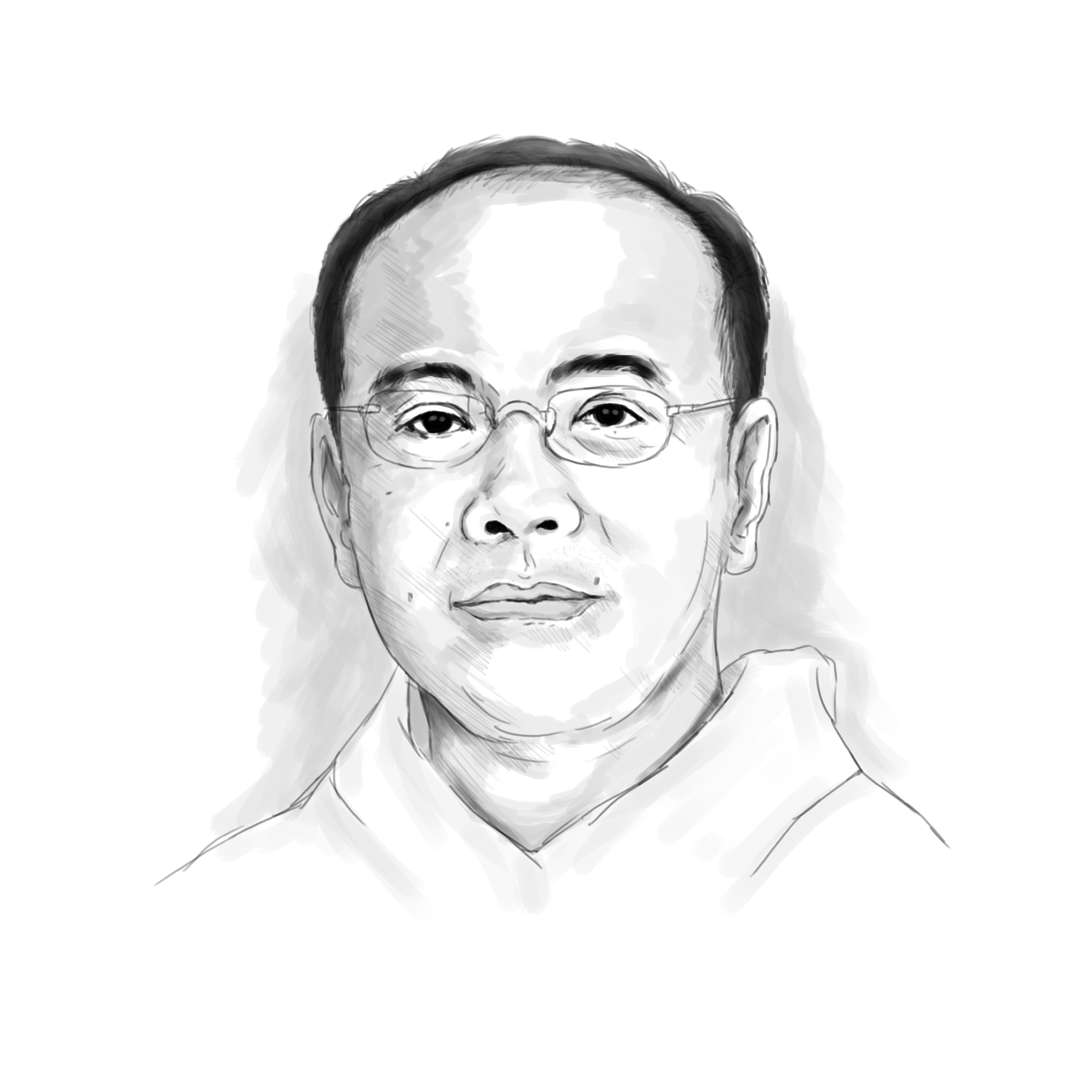THROUGH UNTRUE

“Death comes without warning" is a statement that often makes us uncomfortable. The notion that death can strike unexpectedly challenges our belief that we are masters of our fate, not its victims. Also, we desire a peaceful existence that unfolds in an orderly way. We do not want death to disrupt it, so we bury thoughts of our mortality deep within our minds, hoping they will not crawl out to disturb us.
However, the renowned psychiatrist Dr. Elizabeth Kübler-Ross once observed that willfully ignoring the reality of death can render our lives devoid of meaning and goal. She wrote: "It is the denial of death that is partially responsible for people living empty, purposeless lives; for when you live as if you’ll live forever, it becomes easy to postpone the things you must do." Indeed, when we come to terms with the fact that each day could be our last, we make the most of every moment—to grow, to become who we aspire to be, and to leave behind something that assures us of perpetual remembrance.
In other words, when we look at death intently, we see not extinction or nothingness, but the value of life. As W. H. Auden wrote, "Life is the destiny we are bound to deny until we have consented to die." Accepting death can be a liberating experience. It is like opening your hand, empty and ready to receive all that life offers. In contrast, defiantly denying death is like clenching our fists — unwilling to release control, afraid of losing what it mistakenly believes it owns.
Life comes without warning. It surprises us with many opportunities for wonder, learning, joy, love, friendship, and worthwhile experiences. When we understand this, we take a more active role in shaping the way we live. We are more likely to seize the present moment, invest in relationships, pursue our passions, and make choices aligned with our deepest desires. We cultivate a mindset that prioritizes meaningful engagement with others, the world, and God, rather than passively await death.
In today’s Gospel reading, Jesus paints a grim picture of the future: "There will be signs in the sun, moon, and stars. On the earth, nations will be in anguish and perplexity at the roaring and tossing of the sea. People will faint from terror, apprehensive of what is coming on the world, for the heavenly bodies will be shaken" (Luke 21:25-26).
Yet, Jesus predicts the end of the world not to frighten us. Rather, He challenges us to take responsibility for the present. He teaches us that the best way to predict the future is to create it. This is not false optimism, but a recognition of our power to influence our lives through deliberate choices. Creating the future involves more than just envisioning it. We need to work and pray hard, and be vigilant and attentive to the opportunities that the present moment offers us. In the words of Jesus: "Be always on the watch, and pray that you may be able to escape all that is about to happen, and that you may be able to stand before the Son of Man” (Luke 21:36).
In one of his writings, Blaise Pascal lamented our tendency to neglect the present and waste it on idle schemes and prospects. He wrote, "It is unfortunate that we use the present merely as a means to be happy in the future. By always planning and preparing for future happiness, we never actually experience happiness." It will be tragic if, when you die, someone is to write on your tombstone: "Here lies a person who will be happy tomorrow."